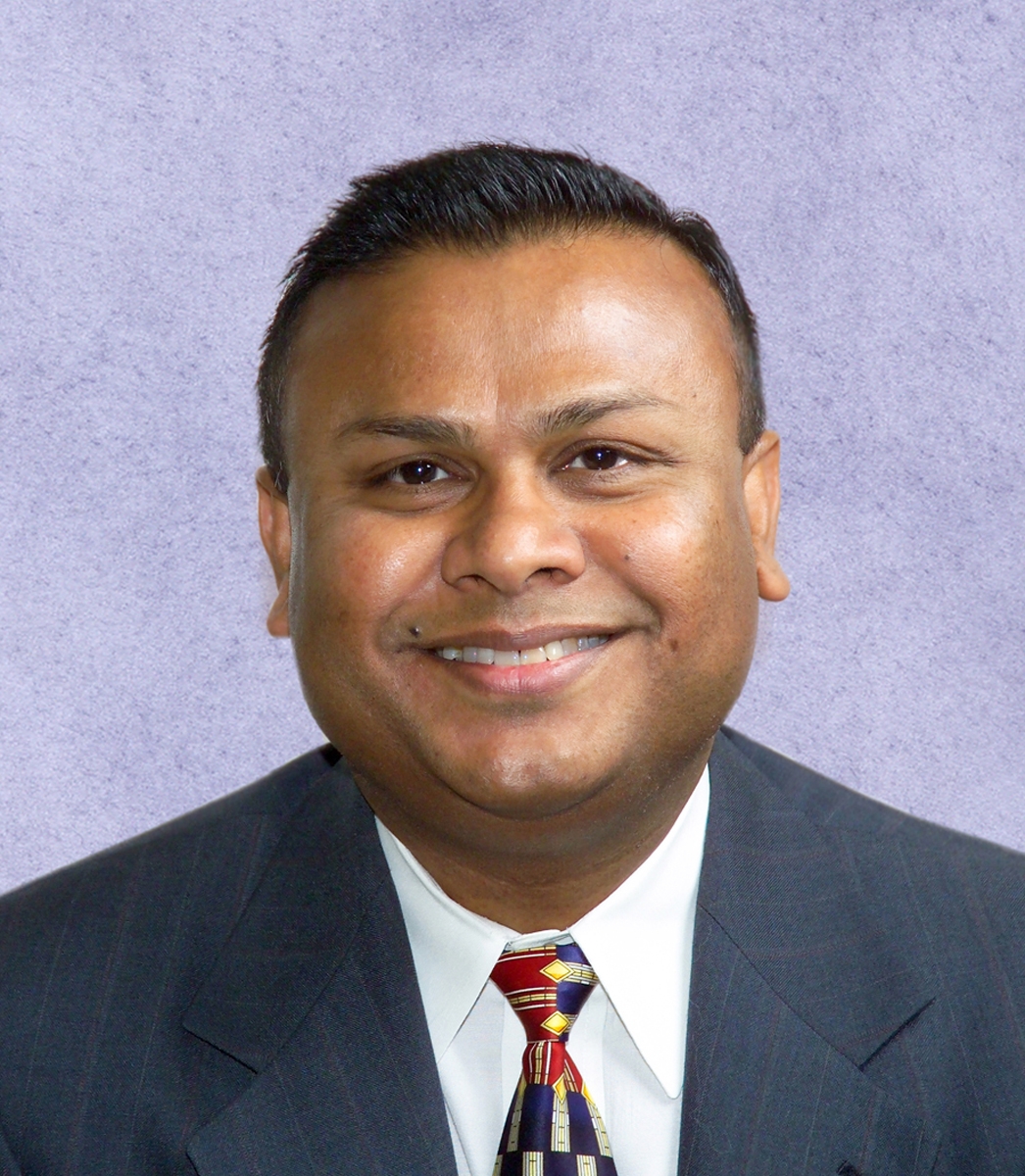Spotlight on service-learning: Amlan Mitra
Amlan Mitra has been working with Purdue for over 30 years with the goals of reducing stereotypes, improving cultural and racial understanding, and building a sense of responsibility among community members.

Amlan Mitra has been working for Purdue for over 30 years with the goals of reducing stereotypes, improving cultural and racial understanding, and building a sense of responsibility among community members. A professor of Business Economics at Purdue Northwest, he has engaged in service-learning work for over a decade.
Mitra’s research focuses on regional economic development. Through his Economics of Public Policy (ECON 322) service-learning course, he aims to help students better understand the issue of social justice by focusing on underserved communities in the region of Northwest Indiana.
As a 2021 Service-Learning Fellow, Mitra accessed resources from the Office of Engagement to bolster his skills as an educator. The OOE provides a network among fellows to learn about student and faculty experiences, instructional methods, and how to navigate topics related to race. Mitra emphasizes the benefits of intervention strategies like these and views them as necessary for managing the temperature of conversations on polarizing topics and moving toward productive outcomes. He believes that learning how to better facilitate interactive discussions is vital to service-learning work.
Mitra’s ECON 322 course focuses on improving student understanding of the impacts that contaminated sites can have on public health; addressing housing issues for low-income families; and public policy recommendations for Indiana state legislators to better workforce transitions in Gary, Indiana. Mitra believes that the northwest Indiana area is underrepresented and underdeveloped because the economic challenges of the region aren’t taken into consideration. He encourages students to learn about the unique challenges their community is facing and engage in community-based research and open communication with partners that prioritizes partner needs.
His advice to other faculty seeking to create a service-learning course is to establish their learning outcomes early, identify the tools necessary to realize them, and engage community partners up front; Mitra observed that some fellows start a project without first engaging partners and struggle later on to launch.
Mitra also recommends faculty communicate with students before the semester starts to establish what the course will entail. In his own course, he tries to show appreciation for his students’ personal beliefs while sharing his own, to prompt a meaningful exchange of ideas. In education, Mitra believes students should never be afraid to disagree with their professors.
Links to student service-learning community-engaged research:
- PNW students analyze budget, education, COVID-19
- City Builds Research Partnership with Housing Study (page 14)
Learn more about Service-Learning at Purdue and the Service-Learning Fellows Program.
Source: Office of Engagement service-learning intern Kamilah Valentin-Diaz.